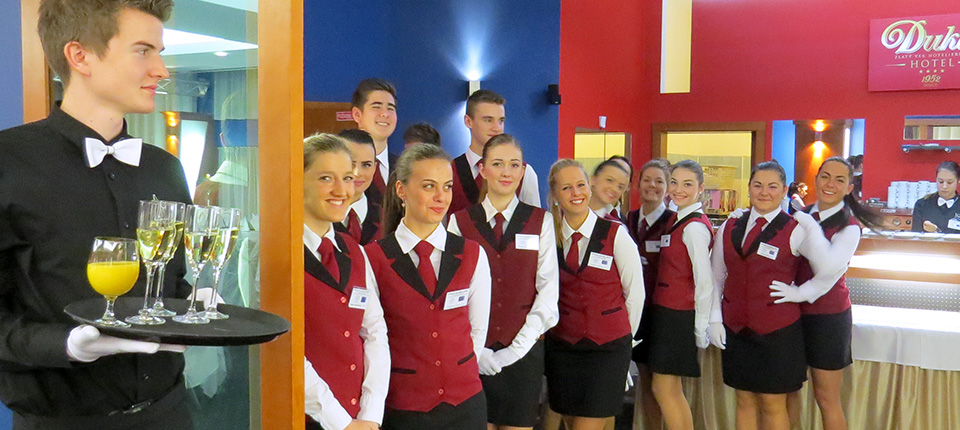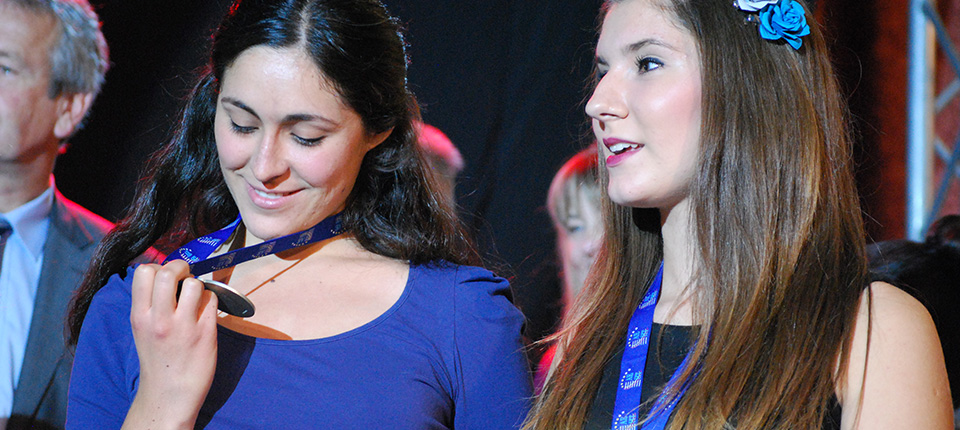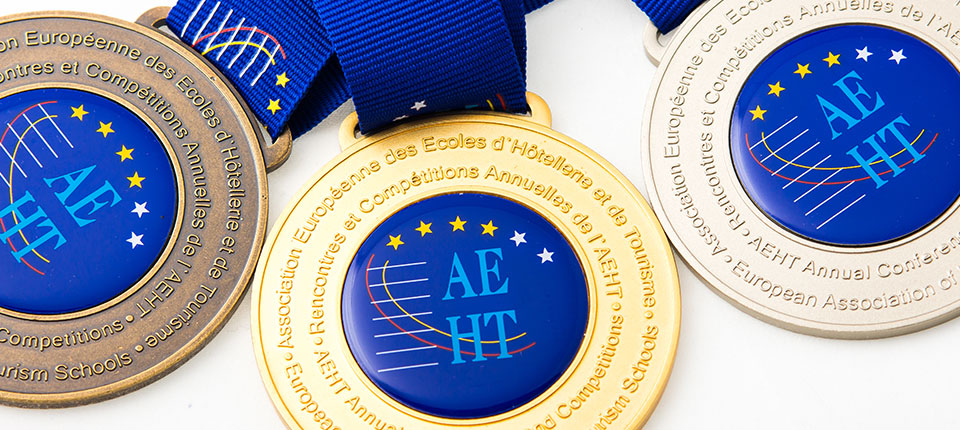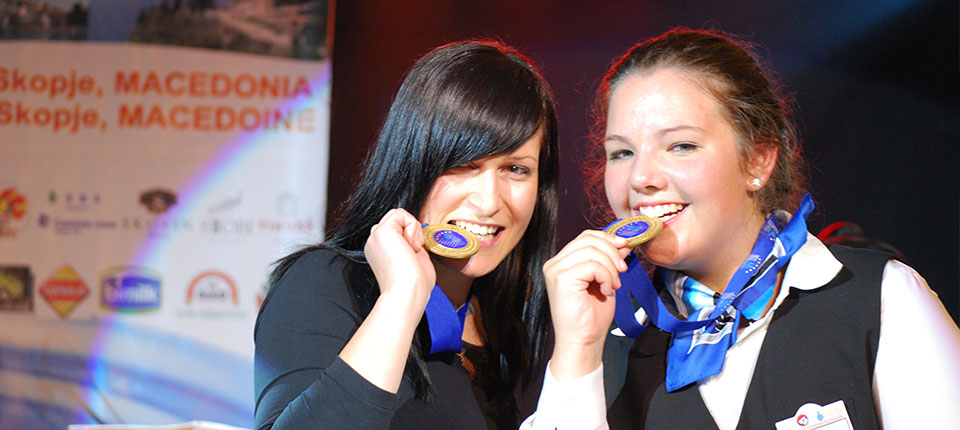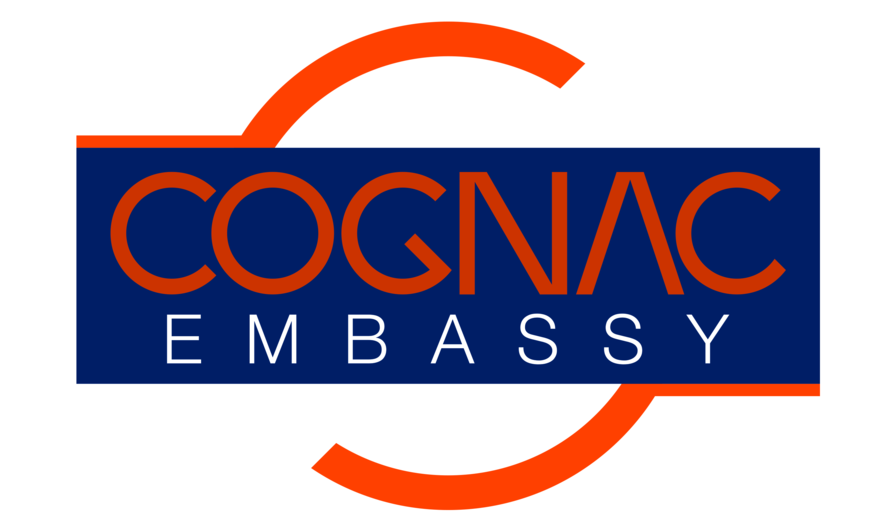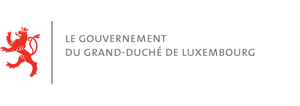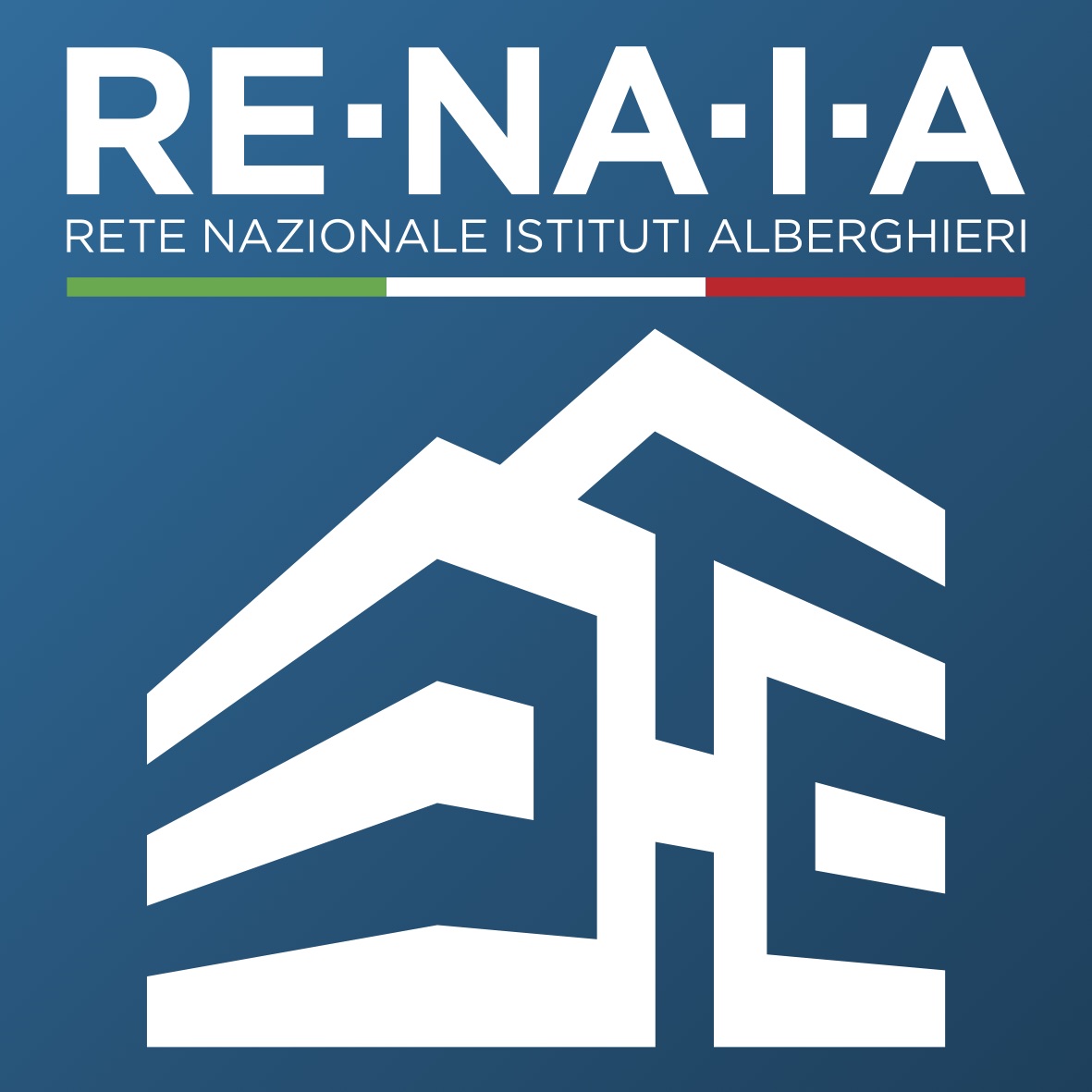Tourism, including the hotel, restaurant and café sectors, is considered to be the most important sector in the 21st century, a true lever for prosperity with enormous potential for growth and for regional development; over the next ten years it is set to generate an increase of 15% in jobs across the whole European community (230 million jobs already worldwide), thus underlining the need for a qualified, multilingual and mobile work force. This scenario demonstrates the importance of effectively integrating ICT into the linguistic preparation of our young people undertaking initial vocational training, so as to enable them to be better prepared for the requirements of job mobility and practical training in Europe.
The objective of the project proposal 'E-LINGUA' is to make available throughout Europe the ‘Weblingua‘ programme, a collection of multimedia resources for on-line oral communication training in five European languages (EN, DE, ES, IT et FR) for nine different hotel and tourism professions (45 modules representing 140 hours of training) consisting exclusively of relevant scenarios relating to each profession. The product may be used with or without a teacher and enables users to certify their operational competence in these languages. The content of ‘Weblingua’ may be varied according to the learner’s native language (four different versions). It was developed between 2004 and 2006 as part of the LdV programme, and in 2006 the product received an official seal of approval for European languages.
The product was initially designed and developed for use by employees in Western countries; the European Association of Hotel and Tourism Schools (AEHT) was impressed by its quality and expressed the wish to offer it for use for language training for students in its member schools undertaking professional placements abroad. The task will therefore consist of trying out these resources in new countries and with a new group of target users – that is young people undergoing initial vocational training whose native language is not one of the five languages included in the programme. As part of the present transfer of innovation project, pilot trials will be carried out in vocational training institutions of partners located in four Eastern European countries (Estonia, Poland, Slovenia and Slovakia) as well as in Luxembourg. These are highly dynamic schools belonging to the AEHT network, very committed to transnational training projects (between themselves or with other partners) and with one exception they have all been elected AEHT national representatives in their country. Their election is proof of the leadership role played by these schools among their national networks, and guarantees close collaboration with the other schools in their respective countries during the pedagogical and technical transfer of the ‘Weblingua’ programme. In order to surmount the problems that may arise during this transfer, the partnership will call upon the expertise of ARDEMI (Association for Research and Development of Multimedia Interactive Teaching) in Lyon (F), the co-producer of the product, as well as European Concept – both of these organisations being sub-contractors to the present project.
The present E-LINGUA transfer of pedagogical innovation project will operate in two pilot experimental phases. The pilot experiments carried out initially in the partner institutions and subsequently within the national networks of the AEHT member schools in these partner countries, will be evaluated by teachers and students using the questionnaires devised by the partnership. This evaluation will enable us to gauge how willing the teachers are to make ‘Weblingua’ into an integral part of the linguistic preparation of their placement students; it will also allow us to judge the suitability of the language training programme for the target group.
The European Association of Hotel and Tourism Schools (AEHT), as project coordinator, ensures the durability of the project through the activities which are set out in its statutes, especially in the field of European exchanges of teachers and students and of relations with employing companies across Europe. For this purpose, at the end of the project the AEHT will make available to all the hotel and tourism schools in the thirty-two member countries, the 45 oral training modules in five foreign languages for preparation for Europe-wide student mobility; this will be done via its web server portal (www.aeht.eu) as well as via copiable CD-Roms. In addition, beyond the end of the project, the AEHT will continue the work of dissemination and pedagogical transfer across its European network, through its regular activities including communication with the membership, events and seminars, with a view to promoting the integration of the language training programme into the process of preparing young people from all the schools in the AEHT network across Europe.
This project has a strategic importance for the Europe-wide dissemination of a high quality and innovative tool, and for the linguistic preparation of young people for Europe-wide mobility in the hotel and tourism professions; it is also vital for the updating of training systems for hotel, restaurant and tourism professions right across Europe.
In August 2007, the European Commission has finalized the selection of the project proposals submitted in March 2007 and published those entitled to receive a financial support from the Lifelong Learning Programme. Due to a lack of financial means, the AEHT project proposal has not been retained, but the Luxembourgish National Agency for the LL-Programme has urged the AEHT Head Office to submit the project once again at the next call for proposals.



